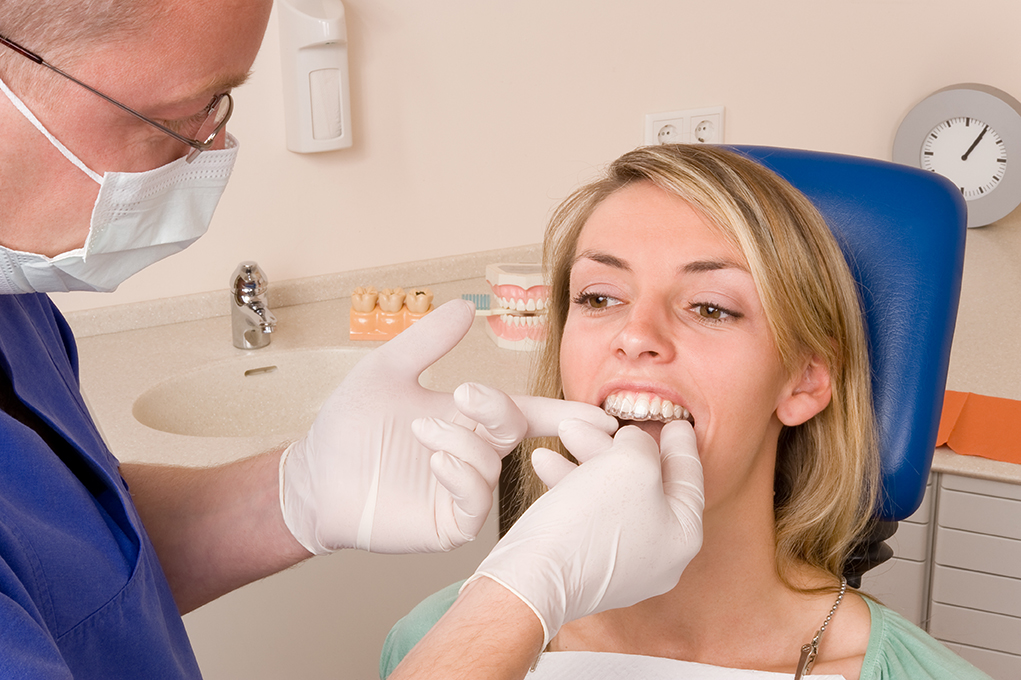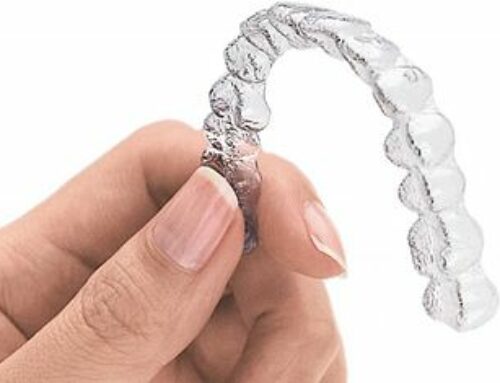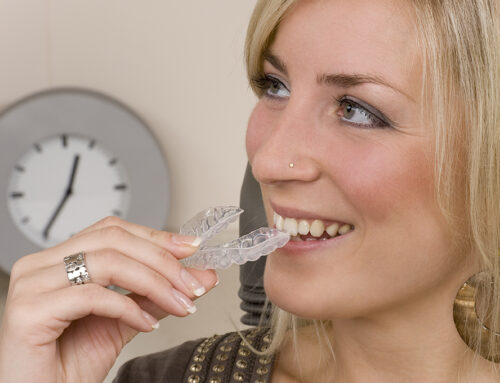While many individuals appear to have “perfect” teeth, this is rarely the case. Upon examining patients, orthodontists determine the severity of their malocclusions and classify each individual case before beginning treatment. Any recommended treatment, including tooth extraction, headgear, braces, or Invisalign should be well-considered by patients as these malocclusions have been linked to health problems later in life.

Tooth Decay
Proper dental care, such as routine brushing, flossing, and professional cleanings have proven effective in protecting teeth from decay. However, crooked teeth are difficult to clean properly and this can lead to a potentially dangerous buildup of germs and bacteria. This buildup and the subsequent tooth decay is irreversible and can only be treated with their expensive surgical removal.
Gum Disease
Failure to completely and continuously floss between the teeth has been linked to periodontal disease such as gingivitis. This set of conditions affect the tissues surrounding the teeth and cause the gums to bleed and become red and swollen. Sufferers of periodontitis experience bone loss and bad breath in addition to the loosening of teeth.
TMJ Disorders
An improper bite pattern has been shown to cause a chain reaction of pain that soon leads to pain in the temporomandibular joint. The correction of malocclusions that cause TMJ disorders are possible with the use of braces and Invisalign treatments making it easier and more comfortable for patients to find the relief from jaw pain they seek.
Ringing Ears & Dizziness
Beyond the aforementioned jaw pain, a misaligned bite can lead to a feeling of fullness within the ears and cause uncomfortable ringing and inconvenient dizziness for patients. When ear discomfort is caused by a bad bite, the pain will feel very deep and usually affects only one ear. Orthodontists are experienced in the diagnosis of hearing issues caused by malocclusions and are able to correct these issues and reduce the pain associated with misaligned bites and missing teeth.
Body Aches & Pain
Malocclusions have been proven to cause more than just dental and facial issues in patients. Speech impediments cause by overbites often lead patients to withdraw from social situations and many suffer from symptoms of depression. Bad bites are also linked to some sleep disorders and patients will compensate for tooth and jaw pain leading to pain in the spine and other muscles throughout their bodies.
Nutritional Deficiencies
Human jaws are meant to be aligned in such a way as to most effectively masticate the foods we ingest. For this reason, evolution has given us teeth meant for biting and others for grinding. When the top and bottom teeth do not line up properly, these functions are lost and can lead patients to avoid or simply make them unable to ingest the foods important to their nutritional health.
Regardless of the cause and even if it seems as if your misaligned bite isn’t causing you any issues at the moment, you must consider how these problems can affect the overall health of your entire body in the future. By utilizing available technologies such as braces, Invisalign, and headgear, while working closely with an orthodontist, patients can prevent future pain and infection.





